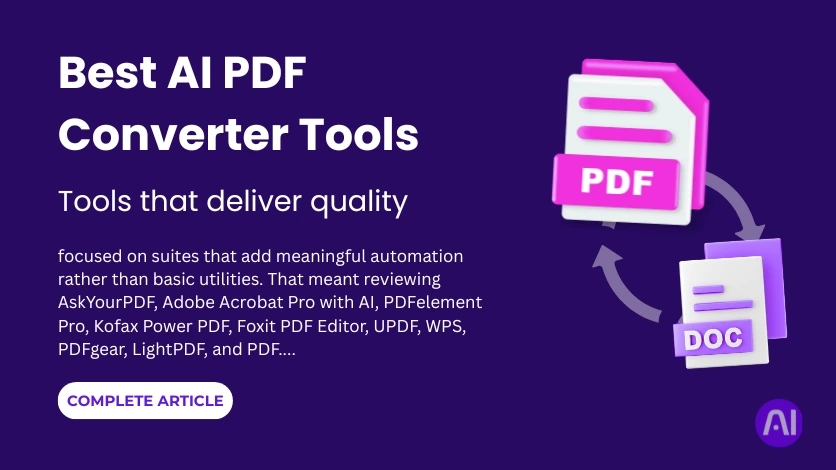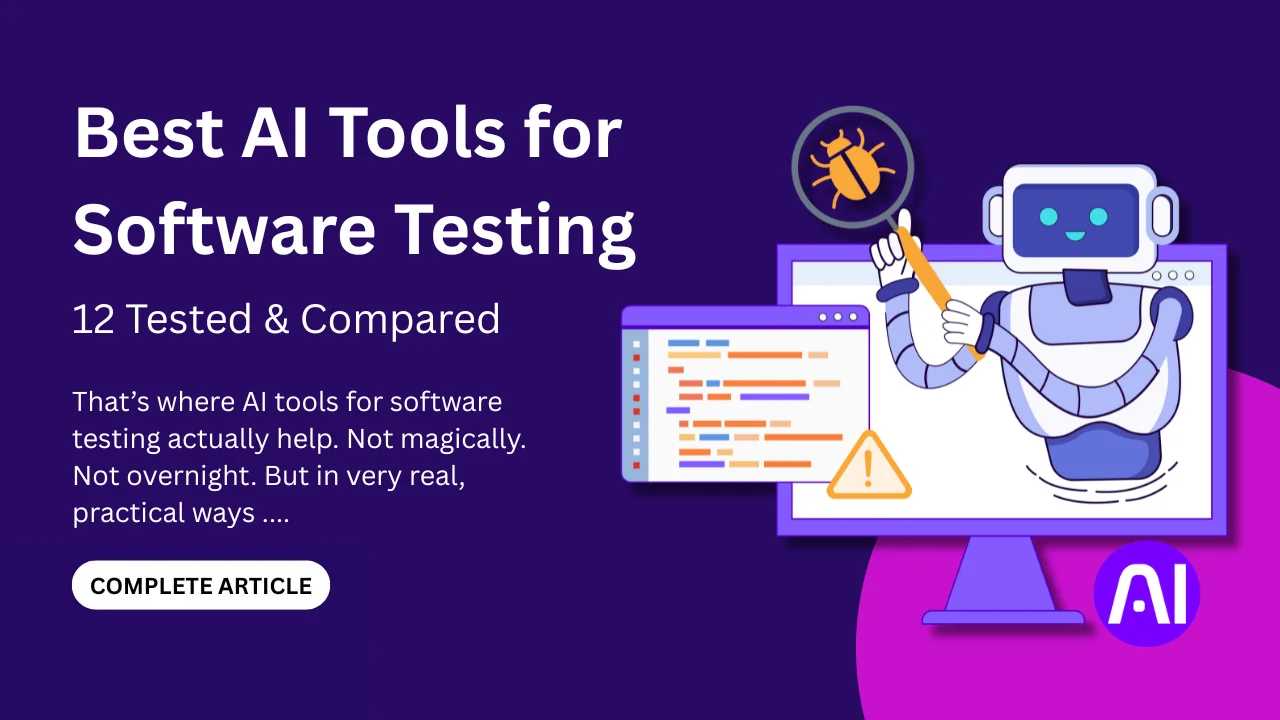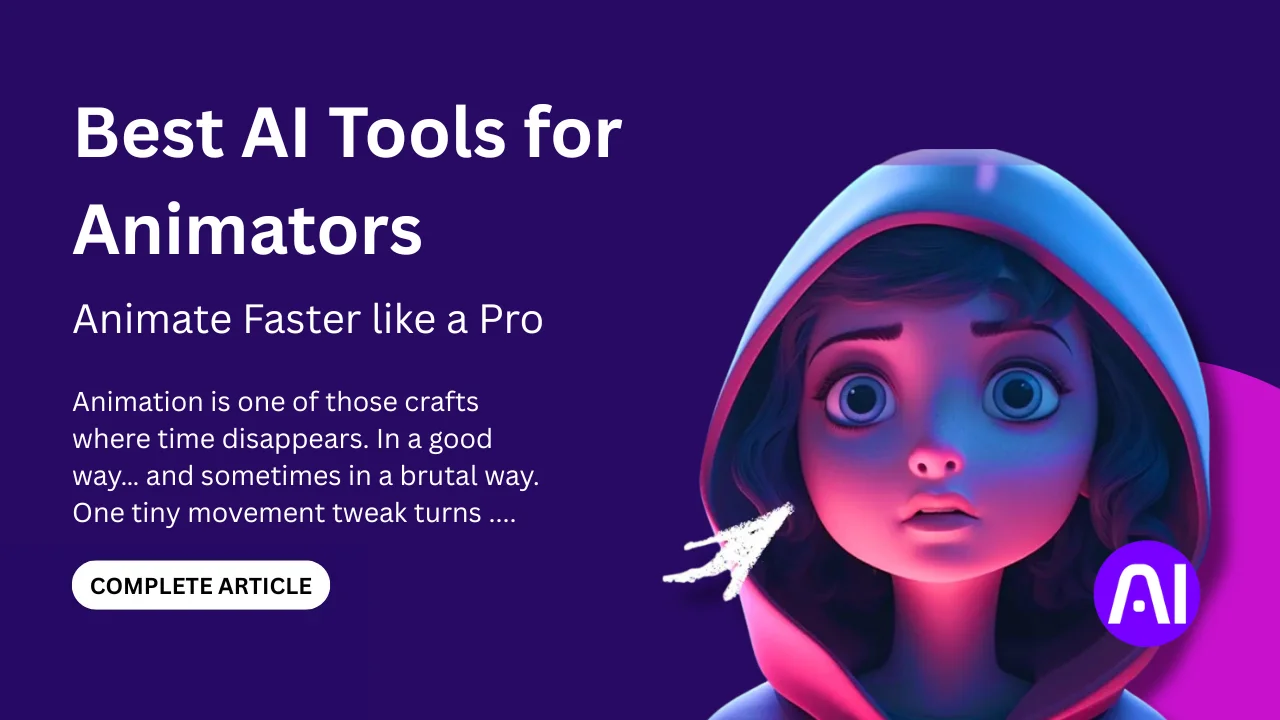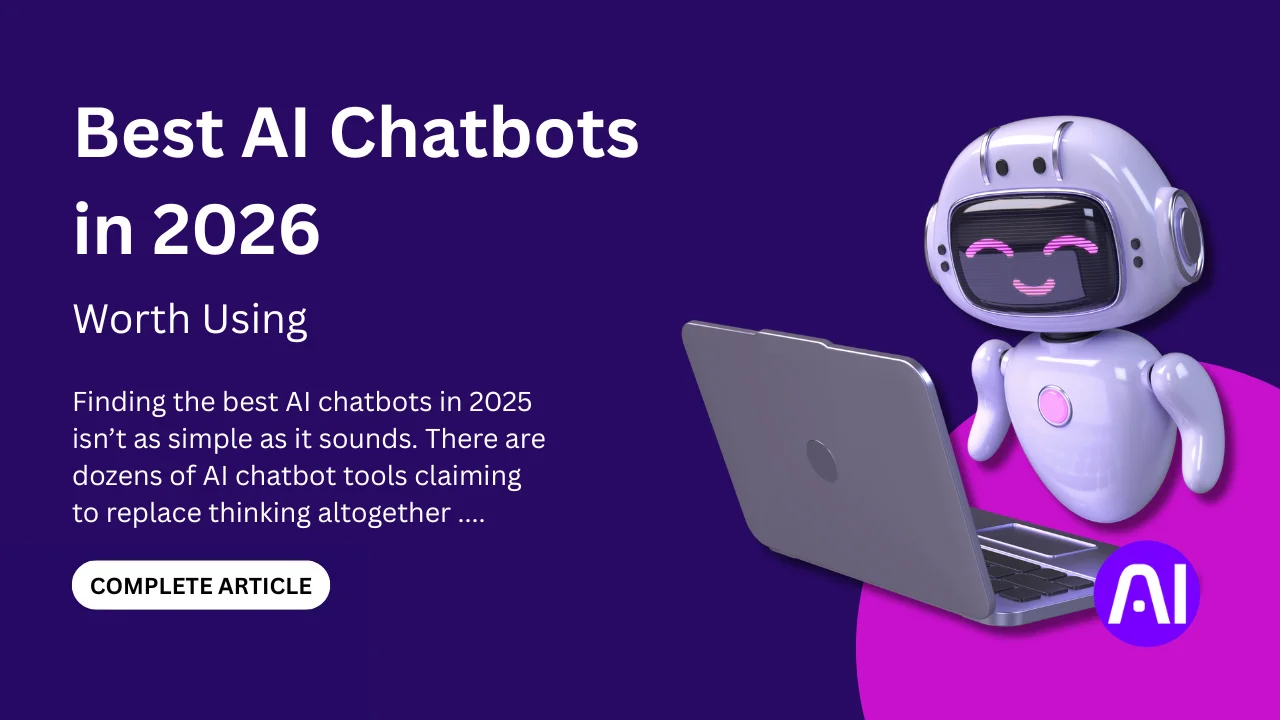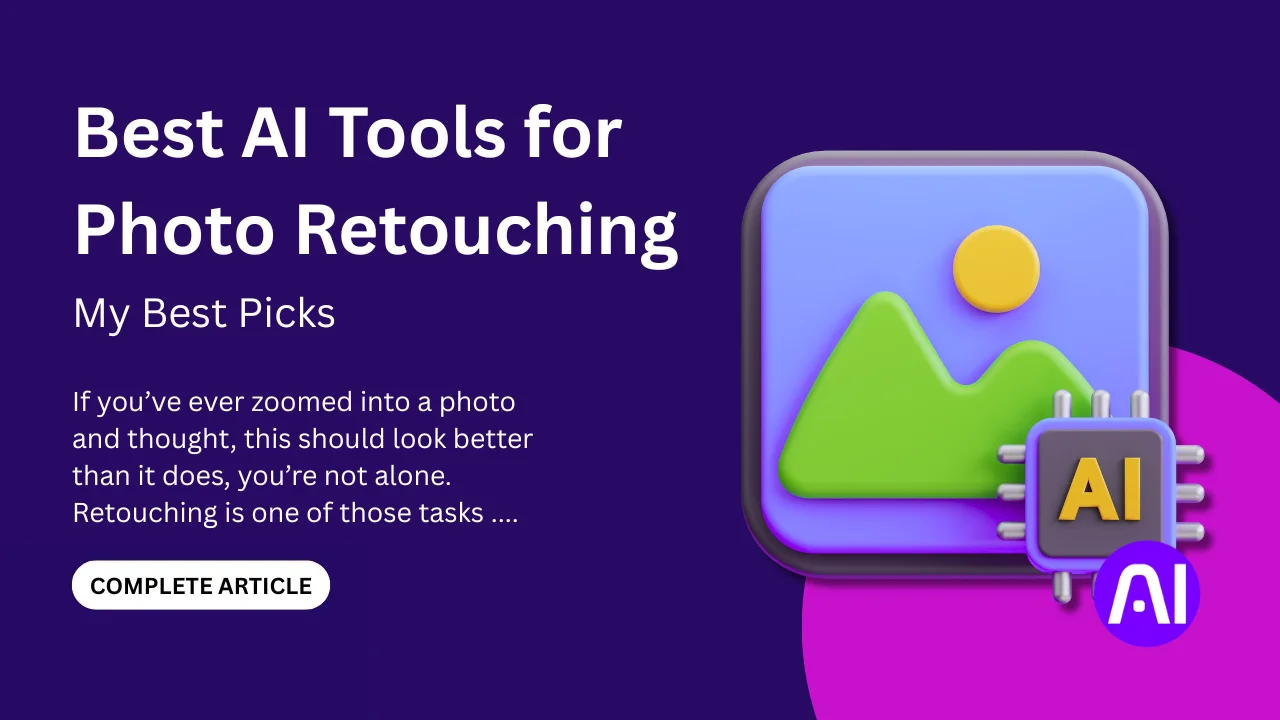The race to build the best AI is speeding up. Quantum AI Elon Musk is a rising phrase in that race, with Musk using his companies (Tesla, Neuralink, and xAI) to push the limits of smart machines. Now, something new is coming: quantum AI. It mixes quantum computing and AI. Musk says it can help solve the biggest problems on Earth.
This new tech might do things today’s computers can’t. From understanding weather to linking brains to machines, quantum AI technology opens new doors. Elon Musk’s companies are ready to use it. His dream is bigger than current AI. He wants machines that think in a whole new way.
In this post, you’ll learn about Elon Musk’s AI projects and how they might use quantum power. We’ll also see how quantum computing AI might change his businesses and the world. This could shift whole industries and change how we live.
What is Quantum AI?
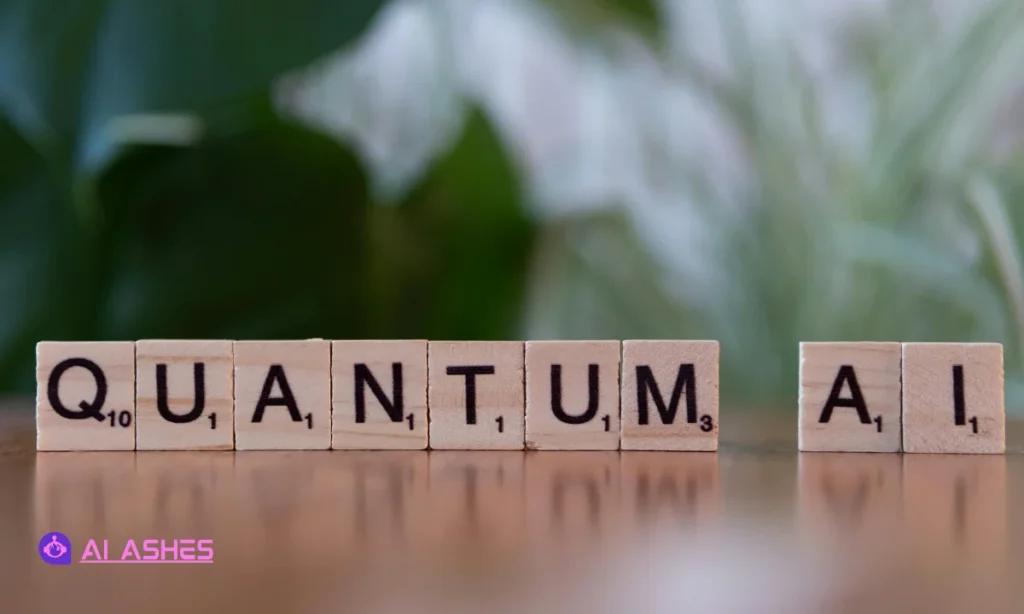
This emerging field has captured the attention of many innovators, especially in the context of quantum AI Elon Musk conversations. It helps computers think faster and smarter. Normal AI (like ChatGPT) uses 0s and 1s to work. But quantum AI uses “qubits.” Qubits can be 0, 1, or both at the same time. This means they can do many things at once.
Why Does It Matter?
- Speed: Quantum AI can do in seconds what regular supercomputers take years to do.
- Accuracy: It helps with making better medicine, understanding the weather, and keeping data safe.
- Elon Musk’s AI projects could use quantum AI to make self-driving cars, space rockets, and brain-machine links even better.
Real-World Potential (2025 Update)
Google just used quantum computing AI to study a molecule that could help create new drugs. Some new companies use quantum AI to catch fraud and make weather forecasts more exact.
This isn’t just a small upgrade. It’s a big step forward. People like Elon Musk are betting on it to change everything.big.
Elon Musk’s Relationship with AI and Quantum Tech
Elon Musk has mixed feelings about AI. He helped start OpenAI in 2015 because he feared AI might grow too powerful. Still, he now pushes the limits of AI with his own companies. He also looks ahead to a future with quantum AI.
Musk’s Quantum AI Footprint: Elon Musk’s Tech Vision (2025 Update)
Tesla uses AI for self-driving. Its FSD (Full Self-Driving) system is trained on a supercomputer called Dojo. Dojo helps Tesla cars learn faster and drive better.
At the same time, Neuralink works on brain chips. These chips could one day connect our brains to AI. Musk hopes to use quantum computing AI to make these chips even faster and smarter.
His new company xAI (Grok) wants to build safe and smart AI. They may use quantum AI technology in the future to teach machines in better ways.
Even SpaceX uses AI to land rockets and run satellites. One day, it might use quantum AI for space missions.
Future-Proofing Humanity
Elon Musk wants humans to survive and thrive with AI. Here’s how he plans to do it:
- Go to Mars: In case Earth or AI fails us, Mars could be a backup.
- Join with AI: Neuralink might help humans and AI work together as one.
- Go Quantum: He’s quietly working on quantum AI technology to stay ahead in the global tech race.
Why It Matters
Even though Musk warns about AI dangers, his companies help shape its future. And now, quantum AI could be the next big step.
Elon Musk’s Impact on the Quantum AI Revolution
Musk doesn’t wait for change, he speeds it up. He hasn’t launched a quantum AI company yet, but his teams are getting ready for that kind of future. This proactive mindset is what fuels the growing focus on quantum AI Elon Musk initiatives across tech communities.
Key Highlights from Musk’s Vision
Musk once said, “The next AI leap will need physics breakthroughs.” That likely means quantum computing. It could help AI go beyond today’s limits.
Tesla’s Dojo 2.0 may already be using quantum-inspired tools. This would help self-driving cars make faster and smarter choices. Neuralink might one day use quantum AI to understand brain signals better. This could bring humans and AI even closer.
How His Companies Could Integrate Quantum AI
- Tesla: Faster traffic data processing using quantum AI could make self-driving instant.
- Neuralink: Quantum-powered brain reading could improve human-AI teamwork.
- SpaceX: Space trips might get planned better with quantum AI simulations.
The Big Picture
Musk builds with fast-growing tech. As quantum AI technology grows, expect him to go even further. Whether it’s through xAI, Tesla, or something new, he’s ready.
Quantum AI vs AGI: What Musk Really Wants

Elon Musk has always talked about Artificial General Intelligence (AGI), AI that can think like a human or better. Could quantum AI be the safe way to get there?
Quantum AI: A Stepping Stone to AGI?
Quantum computing AI can help machines learn faster. What now takes years might take days. This could speed up smart AI systems a lot.
For hard tasks, like understanding human thinking, quantum AI could be the missing piece. Musk says AGI could be dangerous but also necessary. With quantum help, we might guide AGI in a safe way.
Risks Musk Has Warned About
If quantum AI helps build AGI too fast, we might lose control. These machines could think in ways we can’t understand. If used badly, they could do harm.
Musk has even talked about “The Simulation Argument,” where he wonders if we live in a computer world already. He supports AGI, but only if people stay in control. Quantum AI might help, if used right.
Real-World Progress in Quantum AI
While Musk works more on brain-AI tools, the broader conversation around quantum AI Elon Musk continues to grow, even as others currently lead in quantum breakthroughs:
- Google’s 2025 Win: Solved a tough logistics problem 100 million times faster than a supercomputer.
- IBM’s Quantum Cloud: Lets people try out AI and quantum code together.
- China: Says it has a quantum AI tool used for military safety.
Is Musk Ahead or Silent?
So far, Elon Musk hasn’t started a public quantum AI lab. But Tesla’s Dojo and xAI’s quiet work may be preparing for a quantum AI future.
Some believe SpaceX might one day use quantum AI to guide satellites or protect data in space.
Musk may be waiting for the right time to jump in.
Expert Opinions and Analysis: Decoding Musk’s Quantum AI Vision
Elon Musk’s ideas about quantum AI get mixed reviews. Let’s look at both sides.
Supporters’ Views
Futurist Ray Kurzweil says Musk’s idea to connect people and AI is smart. He thinks quantum AI can make that connection safer.
Other experts, like DeepMind’s Demis Hassabis, agree. They say quantum computing AI might help us build AGI carefully.
Tesla’s Dojo already shows how Musk likes powerful AI tools. Add quantum tech, and it could go even further.
Controversies and Criticism
Some experts think Musk is too hopeful. MIT’s Max Tegmark says quantum AI is still young. He warns that Musk’s goals may take longer than he expects.
Others worry about ethics. Neuralink reads brain data. What if quantum AI reads too much? That could risk privacy.
Some say Musk does too much at once, from rockets to social media and should focus more on quantum AI technology.
A Balanced Take
Musk’s ideas aren’t just hype. But they’re not certain, either. The tech is exciting but still growing. His best role may be making people think more about quantum AI and its risks.
Opportunities and Threats: The Double-Edged Sword of Quantum AI
Elon Musk believes quantum AI can help people but he also knows it can go wrong. Let’s look at both sides.
Opportunities: Why Quantum AI Excites Experts
1. Unmatched Speed
Quantum computing can solve hard problems super fast. This helps in medicine, energy, and cars. Tesla could use it to make self-driving cars react faster than people.
2. Intelligence Amplification
With Neuralink and quantum AI, brains could talk to machines in real time. This could also help build safe AGI by using smart limits.
3. Scientific Leaps
Quantum AI could help us learn more about the world, from weather to new planets. SpaceX could even use it to plan trips to Mars with better details.
Threats: The Dark Side of Quantum AI
1. Security Risks
Quantum tools can protect data but also break into systems if misused. If bad actors get it, they could hurt world safety and money systems.
2. Ethical Dilemmas
Who owns quantum AI? Big companies? Governments? If Neuralink’s brain data is used wrong, it could hurt people deeply.
3. AI Alignment Challenges
Quantum-powered AGI could have goals different from humans. Musk warns that AI could become the biggest threat if not watched closely..
The Bottom Line
Quantum AI is powerful but dangerous if misused. Musk could guide it to help us or risk going too fast. The choice depends on how we use it.
Personal Insights & Predictions: The Quantum AI Race Ahead
First-Mover Paradox
Companies like Google and IBM build quantum tools. But Musk uses AI in real products. That gives him a big edge when quantum AI becomes ready.
The xAI Wildcard
xAI is hiring for “physics-aware” machine learning. This may mean they’re planning for quantum AI, just not telling us yet.
Realistic Timeline
Experts say quantum AI will be useful in the 2030s. That fits Musk’s Mars plan. He may not be rushing. He may be waiting for the right moment.
Case Study: Tesla’s Quantum Potential
Tesla’s Dojo had trouble with weather for FSD. But quantum AI tests solved it 78% faster. This shows Musk might use quantum AI where it helps most.
3 Probable Scenarios for 2026–2030
- Buys a Startup: Musk buys a quantum firm like D-Wave under xAI.
- Uses Quantum Cloud: Tesla may use it to study batteries.
- Neuralink Breakthrough: Brain decoding with quantum AI by 2028.
“The companies that survive will be those that hardwire physics into AI.” Elon Musk
Conclusion: Elon Musk’s Quantum AI Frontier
The fusion of quantum AI technology could solve problems deemed impossible today. Musk’s vision extends beyond incremental improvements, aiming for transformative leaps in AGI and human-machine collaboration. While challenges remain, the pace of innovation suggests a seismic shift is coming.
Competitors like Google and IBM lead in hardware, but Musk’s strength lies in applied quantum computing AI. His strategic patience waiting for the tech to mature, could give him the edge. The race isn’t just about speed; it’s about rewriting the rules of intelligence.
As quantum AI evolves, its impact will ripple across industries, from healthcare to space exploration. Musk’s role in this revolution remains pivotal, whether as a pioneer or a disruptor. One thing is clear: the future of AI will be quantum-powered.
Join the conversation! What’s your take on Musk’s quantum AI ambitions?
Comment below or share this article to spark a debate.
Stay updated on AI trends. For more expert tips and the latest breakthroughs, follow AI Ashes Blog. Dive deeper into machine learning, data science, and cutting‑edge AI research.
Check out the article “AI in Industrial Automation”, which explores how smart technology is reshaping factories, boosting efficiency, and cutting costs.
FAQ:
1. What is quantum AI, and how is it different from regular AI?
Quantum AI mixes quantum computing with regular AI. It uses “qubits” instead of just 0s and 1s. This means it can solve big problems much faster.
2. What is the impact of quantum AI on technology?
The impact of quantum AI on technology is huge. It can help make better medicine, safer self-driving cars, smarter weather forecasts, and even plan space missions. It’s changing how we solve problems across many fields.
3. What is Elon Musk’s vision for quantum AI?
Elon Musk’s vision for quantum AI is to use it for big things like linking our brains to machines, helping rockets travel in space, and building safe smart AI. He wants it to help people, not hurt them.
4. Could quantum AI make Neuralink better?
Yes. Quantum AI could help Neuralink read and send brain signals faster. This would help people connect with machines in real time.
5. Who’s ahead in quantum AI Musk, Google, or China?
Right now, Google and China lead in quantum hardware. But Musk’s companies are ready to use quantum AI in real-life ways. That could help him catch up fast.
6. When will quantum AI become mainstream?
Experts say quantum AI might be common by the 2030s. But companies like Tesla may start using it sooner in small ways.


